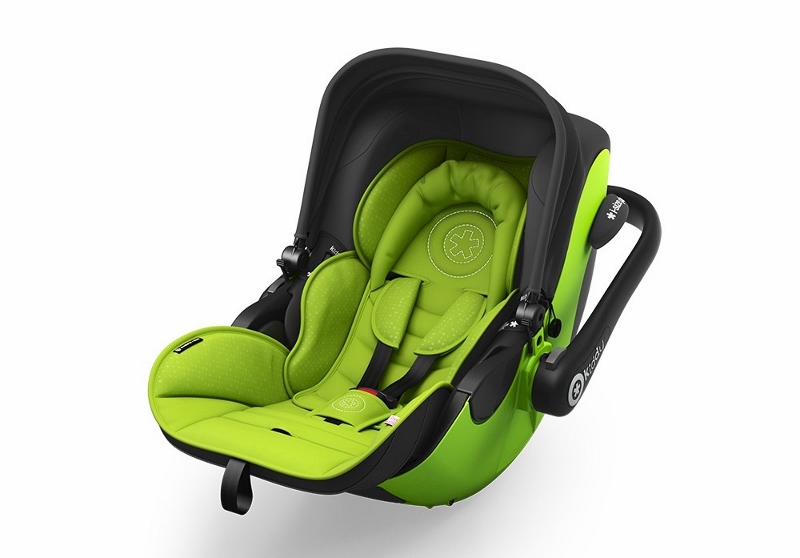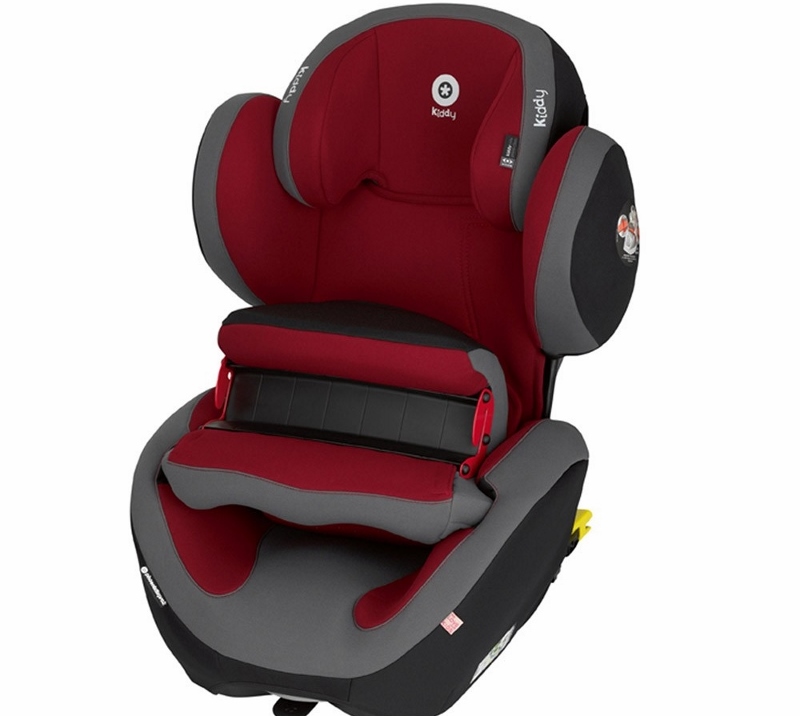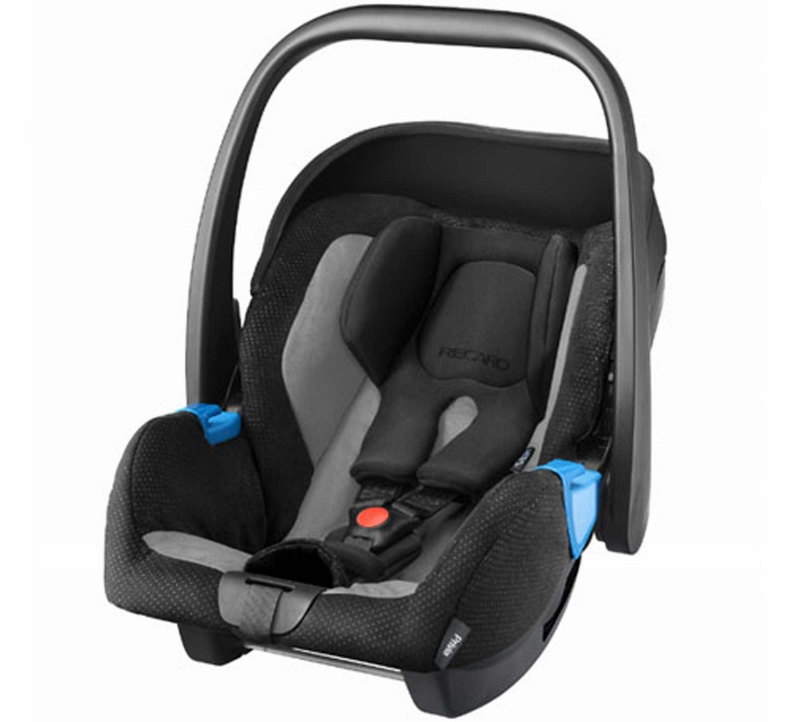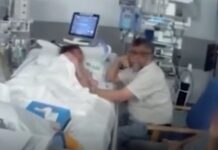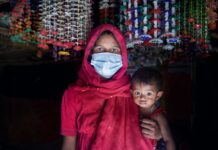In 2016, more than a million parents and carers turned to Which? for independent, trusted advice to help them choose car seats for their children. This year, Which? looks back on its half a century of child car seat safety testing.
In February 1967, Which? experts conducted their first ever child car seat safety test. This was the same year that saw BBC Radio One being aired for the first time, the release of Sgt Pepper by The Beatles, and the opening of the very first cashpoint in North London.
The first Which? test featured just eight models, including the Cumfifolda Car Seat, the Pedigree Infant Seat and the Eversafe Baby Chair, none of which looked anything like the child car seats we see and use today. There was no Isofix, side-impact protection or i-size – instead the seats propped children up so that they could see out of the window.
Many came with tables, giving children somewhere to play while on a journey and harnesses were basic. Some seats were multipurpose and could also be used as potty-chairs, high chairs or swings.
For Which? however, child safety was the priority then as it is now. Manufacturers were criticised on things ranging from their safety instructions, to the potentially harmful lead content in the paint of one of the seats.
The Which? testing methodology has constantly evolved to help influence and drive key improvement in the legal safety standards of child car seats. Dating back to the ‘80s, Which? has been leading the way to ensure families travel safely and comfortably, campaigning on hot issues such as who should legally be required to wear seatbelts (1983 and 1989), and calling for shops to offer better advice on how to fit child car seats (2011).
Today, the Consumers’ Association car seat experts check each model to inspect everything – from the impact caused by crash testing in head-on collisions and side-impact scenarios, to whether the seat will hold your baby in the correct position, and checking if parents can fit the seat into their vehicle correctly, right down to whether the instruction and warning labels on the seats are easy to understand.
Significantly, Which? is the only UK reviews publication to insist on crash testing each child car seat they report on.
Nikki Stopford, Director of Research at Which? said: “There are so many different makes and model of child car seat on the high-street today, meaning that parents have a tough decision to make. Parents need independent reviews and advice to be able to make this important choice with confidence.
“Our 50th anniversary of testing car seats marks a fantastic milestone for us. We’re proud to have been in the driving seat on this important category of testing since the ‘60s and have campaigned to help families travel safely on the road since the ‘80s. It’s safe to say that our experts know these products like the backs of their hands.”
Which? currently names 14 ‘Don’t Buy’ car seats.
It also names 42 ‘Best Buy’ car seats, including:
Recaro, Privia Isofix (£235.00)
Kiddy, Evo-Luna i-Size (£360.00)
Kiddy, Phoenixfix Pro 2 (£160.00)


